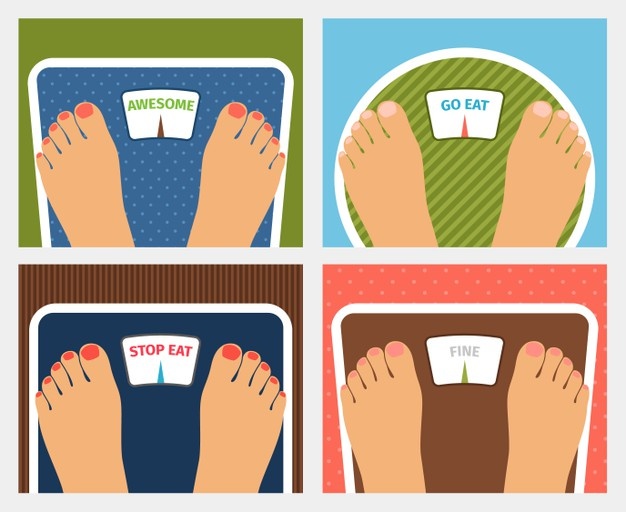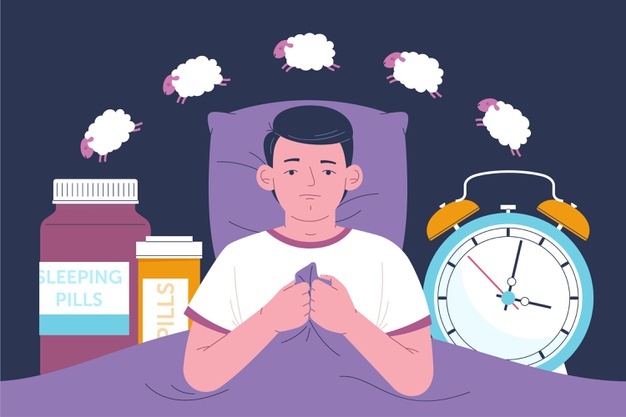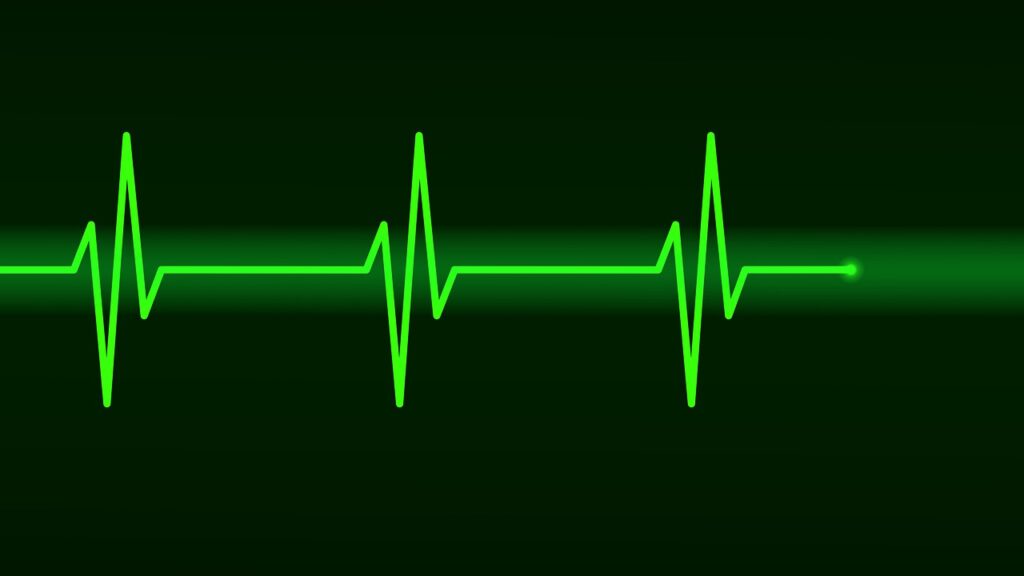Hey lovely readers, welcome back! How are you doing? Hope you all doing well. Today’s topic is all about thyroid symptoms and in this specific blog post will be sharing the top 11 symptoms you should know about.
Before going into detail about the symptoms of the thyroid, I want you all to understand what is thyroid gland exactly is! How does it function?
Do you know! Thyroid disease is more common in females than males. Thyroid disorders affect one out of every eight women at some point in her life. However, the reason is unknown why women are more at risk than men.
The thyroid gland is an endocrine gland. It is a butterfly-shaped gland located in the neck which secretes the main growth and development hormone for the human body.
When there is a fluctuation of the thyroid gland happens, it starts affecting your entire body.
If the thyroid gland secretes an excessive amount of thyroid hormone in the body, you can develop a condition called hyperthyroidism (overactive Thyroid gland).
When there is a lack of thyroid hormones in the body, you can develop a condition which is called hypothyroidism ( underactive thyroid gland).
Both of these conditions are serious and require proper medical attention. These disorders can be a result of varied conditions or might be inherited through families.
The major function of the thyroid gland is to secrete two hormones,
- Triiodothyronine (T3)
- Thyroxine hormone ( T4)
These hormones are responsible for the growth and development of the human body. Apart from this also regulate the heartbeat, stimulates the synthesis of protein and carbohydrates, increases the vitamin requirement, etc.
Common Thyroid Symptoms
People can experience different types of symptoms if they have a thyroid imbalance. It varies from person to person.
Unfortunately, those signs and symptoms are frequently much like the symptoms of other different medical conditions.
So it turns into hard that allows the person to recognize in case your signs and symptoms are associated with thyroid problems or something different.
# 1 Unexplained Weight loss and Gain

Yes, the 1 st and very common symptom of thyroid imbalance is unexpected weight loss or gain.
This is the first symptom of thyroid you must be aware however there could be many other reasons as well.
An imbalance in thyroid hormones reduces the body’s ability to metabolize fat, The underactive thyroid gland person can have a lower BMR whereas the hyperactive thyroid gland person can have a higher BMR.
If you suddenly gain or lose weight then this could be a warning sign of thyroid imbalance, so please consider consulting a doctor.
# 2 Fatigue/ Tiredness

In both cases, either your body is producing too much or too little thyroid hormone means your body is excessively working.
Your body is utilizing more energy to function properly. If you get exhausted or tired easily there might be a chance of thyroid imbalance. You should get your diagnostic tests done as soon as possible.
# 3 Hair Loss

Yes, I know hair loss is a very common problem these days. lifestyle, environment, etc. could be possible causes but apart from these, it happens more often in people with a thyroid imbalance. ( Both in Hypothyroid and Hyperthyroid).
# 4 Mood swings

Mood swings are another common symptom of thyroid imbalance. It can affect your brain function very badly.
Not only impact the brain, it significantly affects mood and energy level. the person may feel anxious and depressed without any reason. hypothyroidism and depression have a connection but the reason behind this, is not clear yet.
According to the survey 64% of women and 57% of men with hypothyroidism report feelings of depression.
The person may face concentration and memory problems as well. He/she may find it difficult to focus and memorize the stuff, so ultimately it will affect his/her day to activities.
The person may feel lethargic, sluggish, and depressed if he/ she is having issues with hypothyroidism.
Anxiety, insomnia, restlessness, and irritability are all symptoms that come under hyperthyroidism.
# 5 Insomnia/ Irregular sleep pattern

The thyroid gland is responsible for all brain functions and metabolism. You may find it difficult to fall asleep.
Certain people complain of insomnia/ sleep disturbance due to an imbalance in thyroid hormones. These sleep irregular patterns are very common, especially if you have thyroid issues.
Nevertheless, the symptoms may vary from person to person depending on the severity of the condition. Therefore, a proper diagnosis is required to start the correct treatment as there may be any underlying causes for sleep disturbance as well.
# 6 Feeling hot and cold Flashes

Yes, sometimes the person may feel cold or hot depending on the condition. This imbalance interferes with each function of the body.
It also disturbs the regular temperature of the body as a result of which body temperature starts fluctuating.
If the person is dealing with hypothyroidism then he/ she may feel cold more often than usual. If a person is having an issue with hyperthyroidism then he/she could sweat and feel hot and restless more.
# 7 Irregular heartbeat/ Palpitation

As the thyroid is the main growth hormone, it is responsible for every organ to function optimally. Slight deviation can have a very bad impact on each organ in the body.
It affects the heart as well, it controls how should your heat pump. Palpitation is another common sign of elevated thyroid hormone.
People with hypothyroidism may find that their heart rate is slower than usual. The heart beats higher if the person has hyperthyroidism.
It also increases the blood cholesterol level which puts pressure on the heart as a result of which the person may develop different kinds of cardiovascular diseases.
# 8 Swelling in Neck

The person can notice swelling in the neck if something is wrong with the thyroid gland happens.
Both Hypothyroidism and hyperthyroidism can cause a goiter. Unusual enlargement of the thyroid gland is known as goiter. It can be visible and a person can also feel the lump.
It might go away without any treatment however sometimes it can last several months to years and needs special medical attention.
This can create different types of problems like coughing, difficulty in breathing, hoarseness, and difficulty swallowing.
# 9 Irregular/ Heavy period

Are you aware of this fact? The thyroid gland controls your menstrual cycle as well. Women may face irregular periods or heavy periods depending on the condition( Hypothyroidism and Hyperthyroidism).
Sometimes it can also lead to early menopause when other glands, including your ovaries, may get involved.
Menstruation is connected to ovulation. it can also affect ovulation and ultimately leads to infertility issues. Women may find it hard to get pregnant.
So elevated thyroid levels could women to miss periods or have heavy one. So if women have a thyroid issue, she must keep track of her menstrual cycle as well ovulation cycle.
# 10 Dry Skin

Do you know 50% of the population has had dry skin due to multiple other reasons? You can not blame the thyroid gland for this.
However, research has been conducted and found 75% of hypothyroid people have a dry skin issue. This is huge right?
Hypothyroidism also creates autoimmune disorders. This might damage the skin, known as myxedema. redness and swelling are found in myxedema patients and this makes the skin to dry and itchy.
Skin cells are more vulnerable to the thyroid hormone’s loss of growth signals.
# 11 Constipation

If the person has a thyroid issue his Bowel movements may not be regular.
The patient’s bowel movements become painful and if it’s losing healthy color, it could be another warning sign of thyroid imbalance.
A person with hypothyroidism is not able to produce enough growth hormone to facilitate movement through the digestive system.
Conclusion
I am ending this article here, if you are experiencing any of these above thyroid symptoms, then you can consult with a doctor. Your doctor can address the correct reason behind it and give a proper treatment plan accordingly.
You can manage your thyroid level through medication, lifestyle changes, and more. In the next blog post, I am going to share how you can manage your elevated thyroid level/gland by making some changes in your lifestyle.
If you have any concerns related to your general health, please feel free to connect with us, we would love to hear from you.
If you find this article helpful please share it with your near and dear one. Spread the knowledge, sharing is caring right guys!!!
THANK YOU 🙂

Nice information
This was a great informative blog providing almost all the symptoms of thyroid. Thanks Ruchira ji for sharing such a wonderful blog with us.